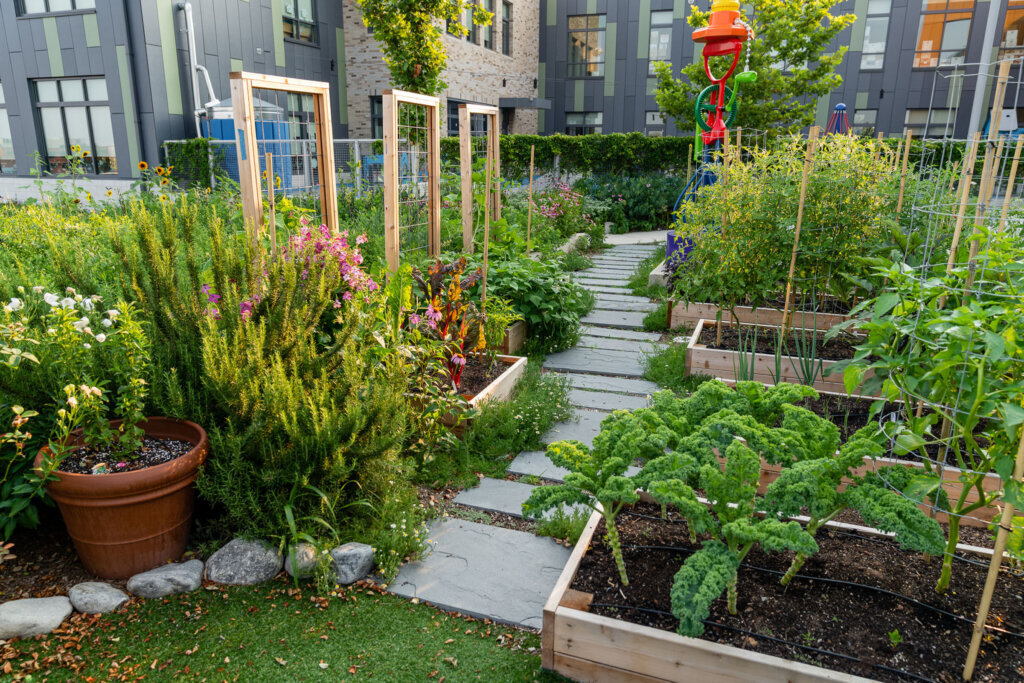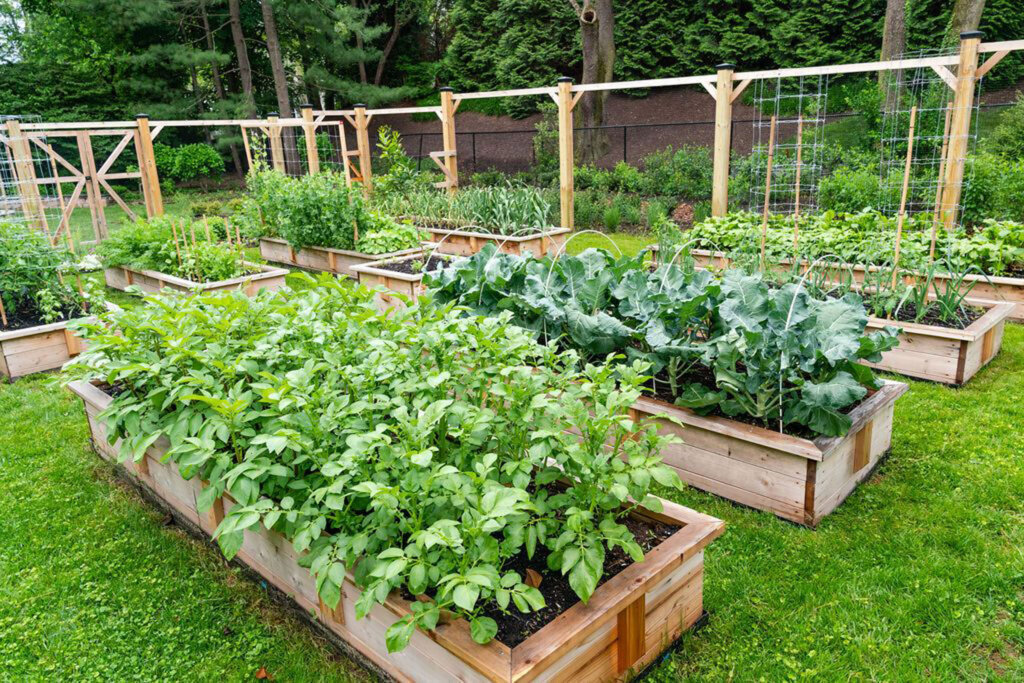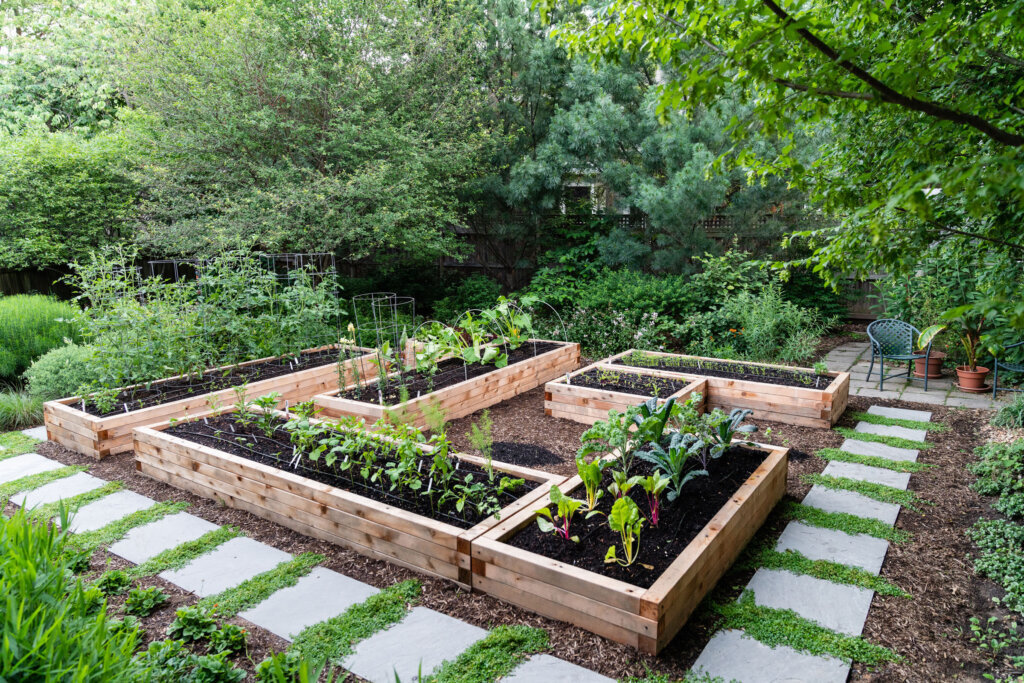
Whether you are a longtime green thumb, or just getting into gardening, now is the time you want to start planting those summer crops.
Carly Mercer, general manager of D.C.-area based landscape and gardening company, Love and Carrots, told WTOP that May is time to transition gardens for the next season. Mercer recommends to first plant tomatoes and eggplants, as well as the first seedings of squash and cucumbers.
First-time gardeners should gravitate to more forgiving crops like peppers which have a high yield and, if you live in an apartment, take up less space, she said.
“Those can be grown easily in a pot,” she said. “It’s a nice thing to have on your deck or your balcony.”
She also recommends newbies plant herbs like basil, chives or parsley, which grow quickly and will make you feel like an accomplished gardener without having to wait long.
As for tomatoes, a summer favorite, she suggests going with a cherry tomato plant, which produce more fruit and ripen faster than a slicing tomato plant.
First-time gardeners be forgiving with themselves, she said.
“Gardening is all about experimentation,” Mercer said. “The first thing I tell people is, ‘Don’t sweat the small stuff’; it is OK if some things fail. You’re going to learn a lot your first year.”

You don’t need a lot of space to start a garden, she said, just room for a couple of pots (depending on what you want to grow). Ideally, you’ll want larger pots — five-gallon bucket sized.
“That means you’ll have a lot of space for your plants to grow nice, big, healthy roots,” she said. “It means you’ll have to water less because a small pot will dry out fast.”
A larger pot will also give you room to grow multiple crops in one space. For a first garden, she recommends sticking with five to seven plants.
When new clients are frustrated that plants are dying or aren’t yielding fruit, Mercer said a lack of sunshine is often the culprit. Vegetable gardens need six to eight hours a day of direct sunlight.
During the height of the summer heat, potted plants need to be watered up to twice a day. Plants growing in the ground can be watered several times a week.

For those with larger backyards, Mercer said now is the time to plant your winter squashes, like pumpkins and acorns, which can take 90 to 100 days to mature.
As for which flowers to plant, Mercer suggests annuals like zinnias, calendulas and bachelor’s buttons as well as dahlias, but those need more space and support. Marigolds are also a good option because they attract pollinators and repel pests.
Mercer said don’t be surprised if crops you planted back in March are struggling: “There have definitely been a lot of high temperature spikes this spring.”
“They might be bolting, which is when a plant stops producing more of the edible part of the plant and it starts putting its energy into seed and flower production because it’s preparing for the end of its life cycle.”
Bolting is characterized by taller plants, skinnier leaves and flowering buds.
If your spring plants — like spinach or cilantro — are bolting, she said yank them out and replace them with a summer crop or try a second seeding.
Get breaking news and daily headlines delivered to your email inbox by signing up here.
© 2024 WTOP. All Rights Reserved. This website is not intended for users located within the European Economic Area.








